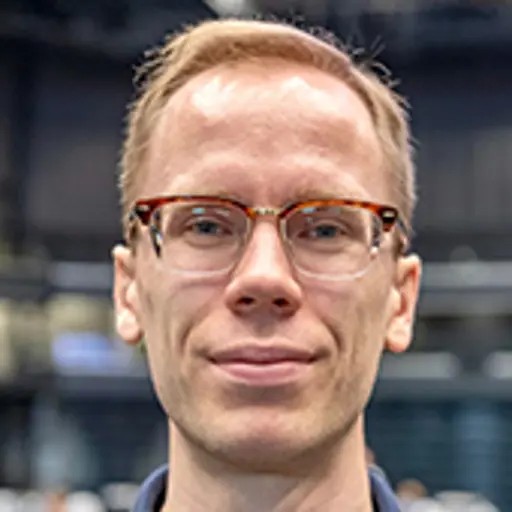Overview
- Date:Starts 24 October 2024, 13:30Ends 24 October 2024, 16:00
- Location:Kollektorn, MC2
- Language:English
13.30 - 14.30 Towards an Artificial Muse for new Ideas in Science
Mario Krenn, Max Planck Institute for the Science of Light
Abstract: Artificial intelligence (AI) is a potentially disruptive tool for physics and science in general. One crucial question is how this technology can contribute at a conceptual level to help acquire new scientific understanding or inspire new surprising ideas. I will talk about how AI can be used as an artificial muse in quantum physics, which suggests surprising and unconventional ideas and techniques that the human scientist can interpret, understand and generalize to its fullest potential.
[1] Krenn, Kottmann, Tischler, Aspuru-Guzik, Conceptual understanding through efficient automated design of quantum optical experiments. Physical Review X 11(3), 031044 (2021).
[2] Krenn, Pollice, Guo, Aldeghi, Cervera-Lierta, Friederich, Gomes, Häse, Jinich, Nigam, Yao, Aspuru-Guzik, On scientific understanding with artificial intelligence. Nature Reviews Physics 4, 761–769 (2022).
[3] Krenn, Zeilinger, Predicting research trends with semantic and neural networks with an application in quantum physics. PNAS 117(4), 1910-1916 (2020).
[4] Krenn et al., Forecasting the future of artificial intelligence with machine learning-based link prediction in an exponentially growing knowledge network, Nature Machine Intelligence 5, 1326 (2023)
14.30 - 15.00 Coffee
15.00 - 16.00 Language models for the simulation of quantum many-body systems
Juan Felipe Carrasquilla Álvarez, ETH Zürich
Abstract: I will discuss our work on using models inspired by natural language processing in the realm of quantum many-body physics. I will demonstrate their utility in solving ground states of quantum Hamiltonians, particularly for ground states of arrays of Rydberg atoms on the Kagome lattice as well as for real-time dynamics of open quantum systems.
Our findings highlight the potential of using language models to explore many-body physics on exotic lattices and beyond.
